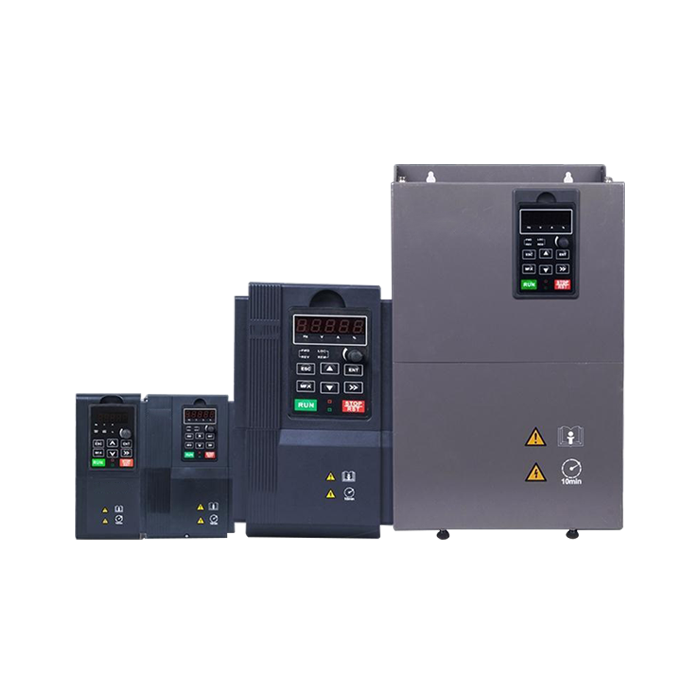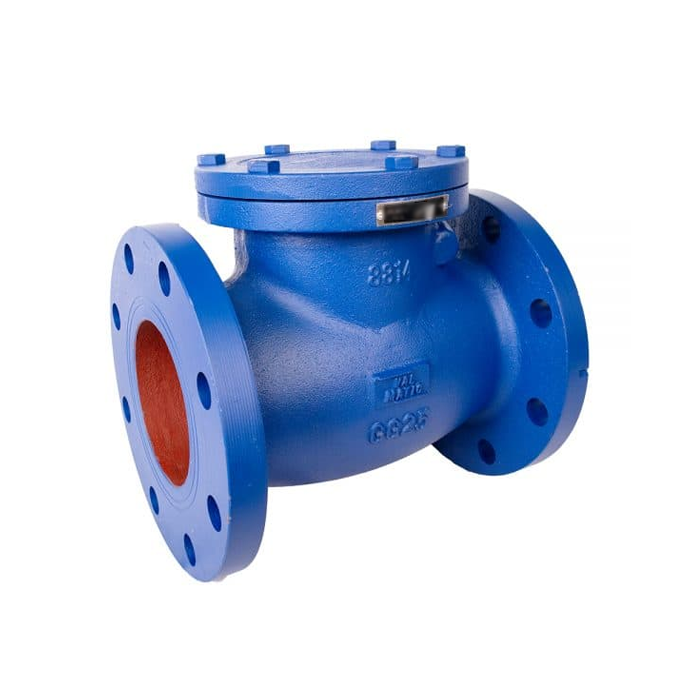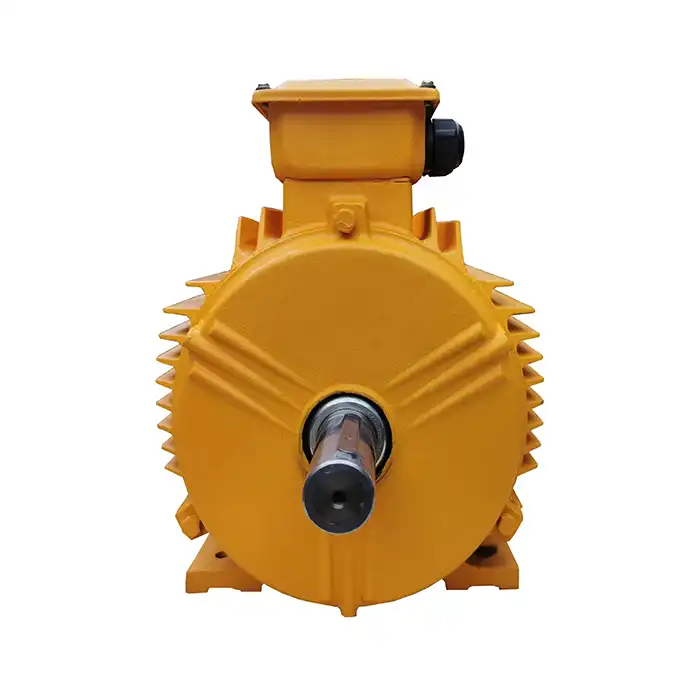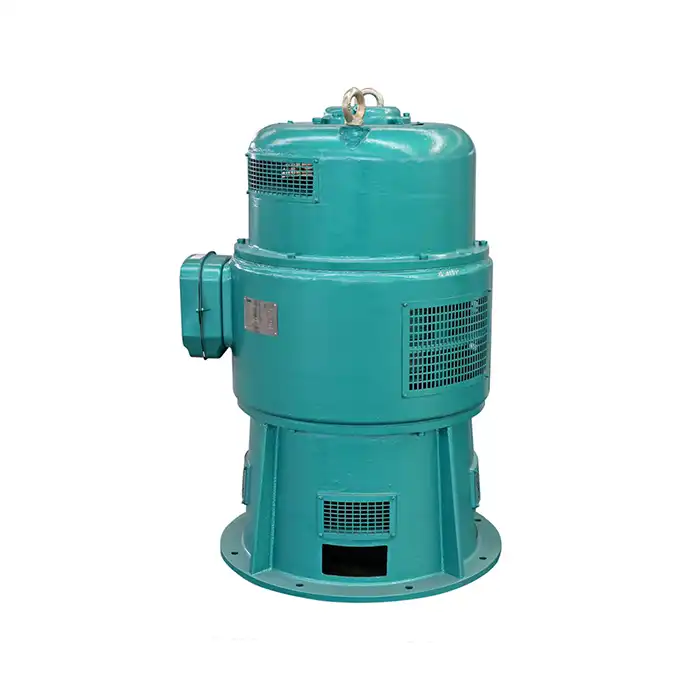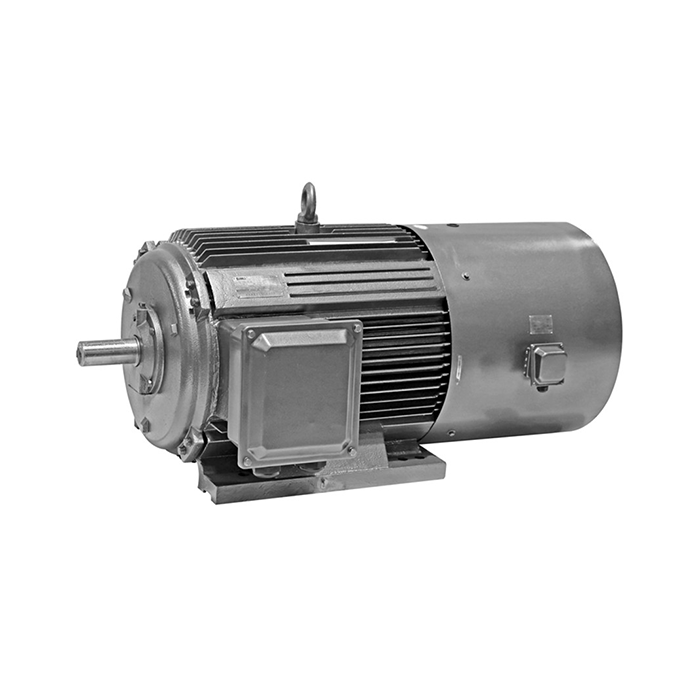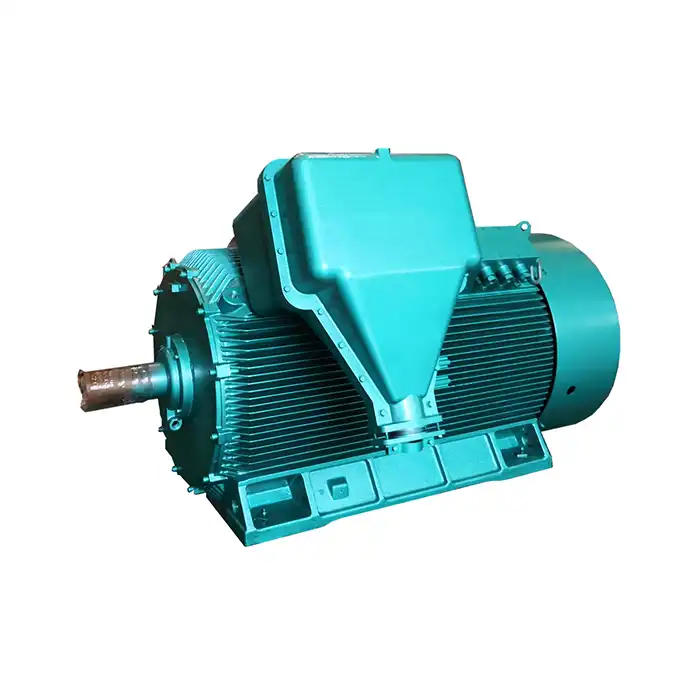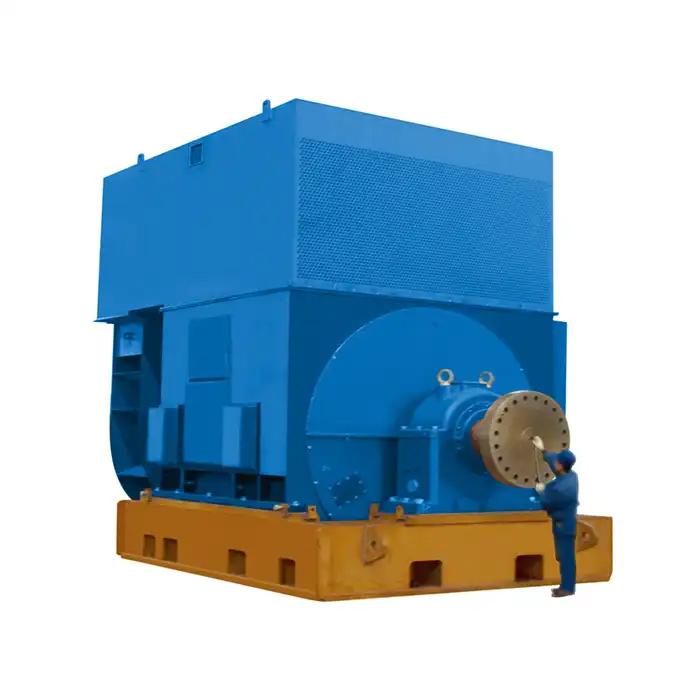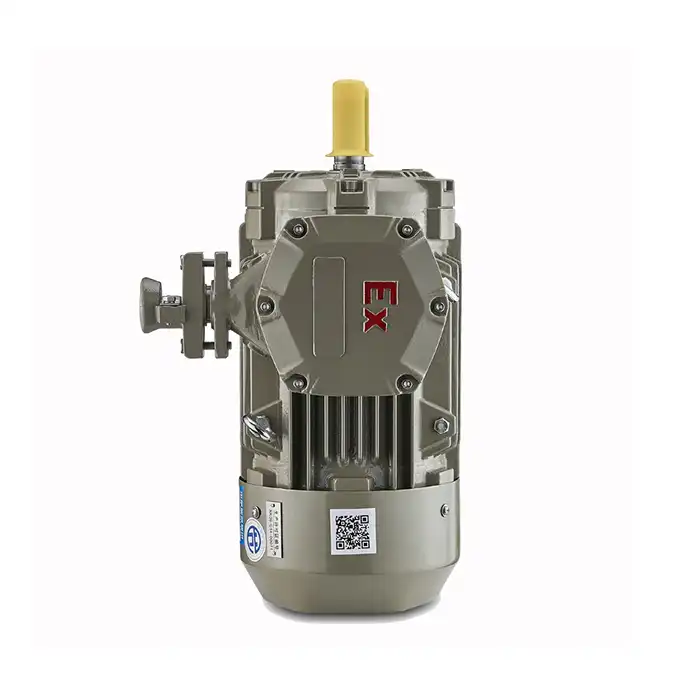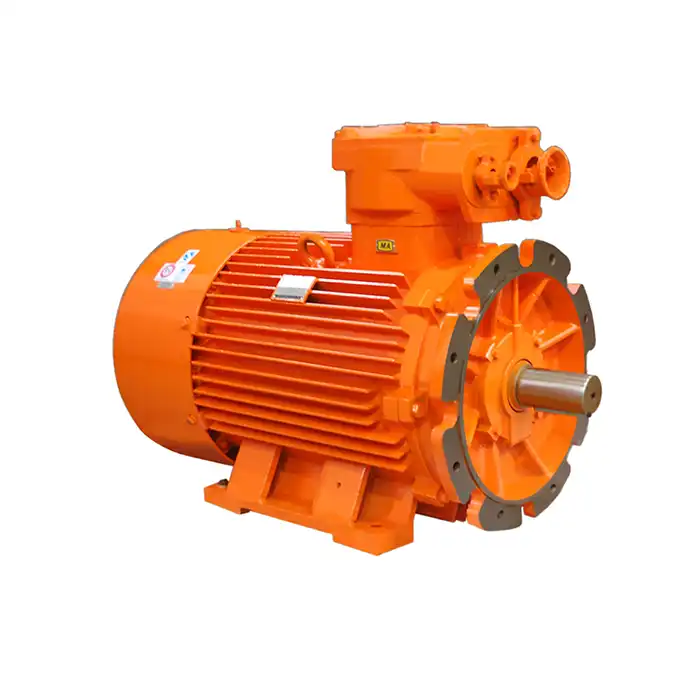How do low-voltage AC inverters compare to high-voltage models for off-grid use?
Low voltage AC inverters and high-voltage models each have their place in off-grid solar systems, but their suitability depends on several factors:
Efficiency and Power Output
Low voltage AC inverters typically operate at 12V, 24V, or 48V DC input. They're well-suited for smaller off-grid systems and offer these advantages:
- Lower initial costs
- Easier installation and maintenance
- Better compatibility with low-voltage batteries
However, they may have limitations in power output and efficiency compared to high-voltage models.
High-voltage inverters, operating at 120V DC or higher, are more suitable for larger off-grid systems. They offer:
- Higher efficiency, especially in systems over 5kW
- Reduced wire sizes and power losses
- Greater scalability for future system expansion
Safety Considerations
Low voltage AC inverters have an inherent safety advantage due to their lower DC input voltage. This can be particularly important in residential off-grid applications where non-professionals may need to perform basic maintenance.
System Complexity
High-voltage systems often require more complex wiring and additional safety measures. Low voltage AC inverters can simplify system design and reduce installation complexity, making them a good choice for DIY off-grid enthusiasts.
Key features to look for in a reliable off-grid solar inverter
Regardless of voltage, several key features are essential for off-grid solar inverters:
Pure Sine Wave Output
A pure sine wave output is crucial for powering sensitive electronics and ensuring compatibility with all types of appliances. Low voltage AC inverters with pure sine wave output provide clean, stable power that mimics utility grid electricity.
High Surge Capacity
Off-grid inverters should have a high surge capacity to handle the starting currents of motors and compressors. Look for inverters that can deliver 2-3 times their rated continuous power for short periods.
Battery Charging Capabilities
Many off-grid inverters include built-in battery chargers. This feature allows you to charge batteries from alternative sources like generators when solar power is insufficient.
Flexible Input Voltage Range
Low voltage AC inverters with a wide input voltage range can maximize solar panel efficiency and battery life by operating effectively under varying conditions.
Remote Monitoring and Control
Advanced off-grid inverters offer remote monitoring and control capabilities, allowing you to track system performance and make adjustments from anywhere with an internet connection.
Durability and Environmental Protection
Off-grid systems often operate in challenging environments. Look for inverters with robust construction and appropriate IP ratings for dust and moisture protection.
Battery compatibility: Matching your inverter to lead-acid or lithium storage
The type of batteries you use in your off-grid system can influence your inverter choice:
Lead-Acid Battery Compatibility
Traditional lead-acid batteries are still common in off-grid systems due to their lower cost. When using lead-acid batteries:
- Low voltage AC inverters are often a good match, as many lead-acid systems operate at 12V or 24V.
- Look for inverters with built-in battery temperature compensation to optimize charging and extend battery life.
- Ensure the inverter has appropriate charging profiles for flooded, AGM, and gel lead-acid batteries.
Lithium Battery Compatibility
Lithium batteries are gaining popularity in off-grid systems due to their higher efficiency and longer lifespan. When using lithium batteries:
- Higher voltage systems (48V and above) are more common, which may necessitate higher voltage inverters.
- Ensure the inverter has lithium-specific charging profiles and can communicate with battery management systems (BMS).
- Look for inverters with low-voltage disconnect features to protect lithium batteries from over-discharge.
Hybrid Inverter Solutions
Some advanced inverters can work with both lead-acid and lithium batteries, offering flexibility for future upgrades. These hybrid solutions often include:
- Programmable charging profiles for different battery types
- Automatic battery type detection
- Compatibility with external BMS systems
When selecting an inverter for your off-grid solar system, consider your current and future energy needs, battery type, and system voltage. Low voltage AC inverters can be an excellent choice for smaller systems or those prioritizing simplicity and safety. However, larger systems may benefit from higher voltage inverters for increased efficiency and scalability.
Remember that the inverter is a critical component of your off-grid solar system. Investing in a high-quality, reliable inverter with the right features for your specific application will ensure long-term performance and satisfaction with your off-grid power solution.
Conclusion
Choosing the right inverter for your off-grid solar system is a crucial decision that impacts the performance, reliability, and efficiency of your entire setup. Whether you opt for a low voltage AC inverter or a high-voltage model, ensure it matches your energy needs, battery type, and future expansion plans.
At Shaanxi Qihe Xicheng Electromechanical Equipment Co., Ltd., we understand the unique challenges faced by off-grid system operators. Our range of power equipment solutions includes high-efficiency, low-energy consumption inverters designed for stable power delivery in various applications. From industrial automation and HVAC systems to renewable energy projects and water treatment facilities, we have the expertise to meet your specific needs.
If you're looking for reliable power equipment solutions for your off-grid solar system or any other industrial application, we're here to help. Our team is ready to assist you with pre-sales inquiries, technical support, and after-sales service. Contact us today at xcmotors@163.com to learn more about how our inverters and other power equipment can optimize your operations and reduce energy costs.
References
- Smith, J. (2022). Off-Grid Solar Inverter Selection Guide. Renewable Energy World, 15(4), 78-85.
- Johnson, A. & Lee, S. (2021). Comparative Analysis of Low and High Voltage Inverters for Off-Grid Applications. Journal of Solar Energy Engineering, 143(2), 021007.
- Brown, R. (2023). Battery Technology and Inverter Compatibility in Off-Grid Systems. Energy Storage Journal, 8(3), 112-120.
- Garcia, M. et al. (2022). Advancements in Off-Grid Inverter Technology: A Review. IEEE Transactions on Sustainable Energy, 13(1), 439-451.
- Wilson, T. (2021). Safety Considerations for Off-Grid Solar Installations. Electrical Safety Magazine, 29(2), 34-40.
- Thompson, E. & Patel, R. (2023). Optimizing Off-Grid Solar Systems: Inverter Selection and System Design. Solar Energy, 242, 110-122.



